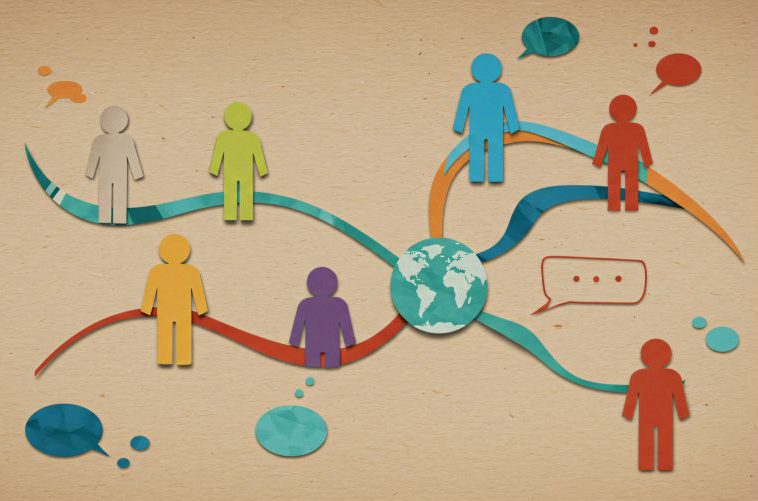
Teenage Boys and Eating Disorders
Posted May 20, 2014, 3:28 pm by
Many people consider eating disorders to be a female illness. Unfortunately, anorexia, bulimia, binge eating, and other eating disorders know no gender boundaries. Although the disorders are more prevalent in females than males, both sexes suffer from this serious mental illness that carries with it the highest mortality rate.
Men, including teenage boys, are not exempt from eating disorders
According to the National Eating Disorders Association (NEDA), 10 million males in the United States will suffer from a clinically significant eating disorder at some point in their life, 33 percent of adolescent males use unhealthy weight control behaviors, and up to 43 percent of men are dissatisfied with their bodies. NEDA cites three major contributing factors for these statistics:
- Muscularity in media: The muscularity of ideal male body representations has increased from the 1970s to the 1990s, presenting a largely unattainable muscular body type.
- Men are less likely to get help: Higher levels of gender role conflict and traditional masculine ideals are associated with negative attitudes toward seeking psychological help.
- Sexuality: Gay males are estimated to comprise 5 percent of the general population, but among men with eating disorders, 42 percent identify as gay.
Parents of teen boys should be aware that a compilation of research on males and eating disorders reveals the following susceptibilities:
- Athletes: Gymnasts, runners, body builders, rowers, wrestlers, jockeys, dancers, and swimmers are particularly vulnerable to eating disorders because these sports necessitate weight restriction. NEDA clarifies that weight loss in an attempt to improve athletic performance differs from an eating disorder when the central psychopathology is absent.
- Homosexual conflict: Up to 50 percent of male patients with an eating disorder experienced anxiety over their sexual orientation.
- Personality traits: Dependent, avoidant, and passive-aggressive personality styles correlate with eating disorders in males.
Treatment for individuals and families
Early diagnosis and intervention enhance recovery. Treatment often includes psychotherapy and nutritional counseling for the individual as well as family counseling. Some medications prove to be helpful, too. Inpatient care is necessary when eating disorders cause severe physical or psychological issues.
Support groups for teenage boys struggling with eating disorders
One such support group is starting May 22 in Newton, MA. The Multi-Service Eating Disorders Association (MEDA) and the Newton Partnership are launching a new 6-week support group from 6:15 – 7:15 starting on Thursday, May 22. For more information on the support group for 12 – 18 year-old-boys dealing with an eating disorder, disordered eating, compulsive exercise, or body image concerns, call Jaime Hyde, MEDA Clinical Outreach Coordinator at (617) 558-1881 or email at JHyde@medainc.org. The group will be co-led by both a male clinician and a recovered male.
Blog Categories
- Career Advice
- College Admissions
- Colleges & Universities
- Financial Aid and Scholarships
- For Counselors
- For Parents
- For Students
- Gap Years
- Mental Health and Wellness
- Online Learning
- Performing and Visual Arts
- STEM Majors and More
- Summer Programs
- Teen Volunteering
- Trade & Vocational Schools
- Tutoring & Test Prep

Organization with listings on TeenLife? Login here
Register for Free
We’re here to help you find your best-fit teen-centered academic and enrichment opportunities.
Forgot Password
"*" indicates required fields








